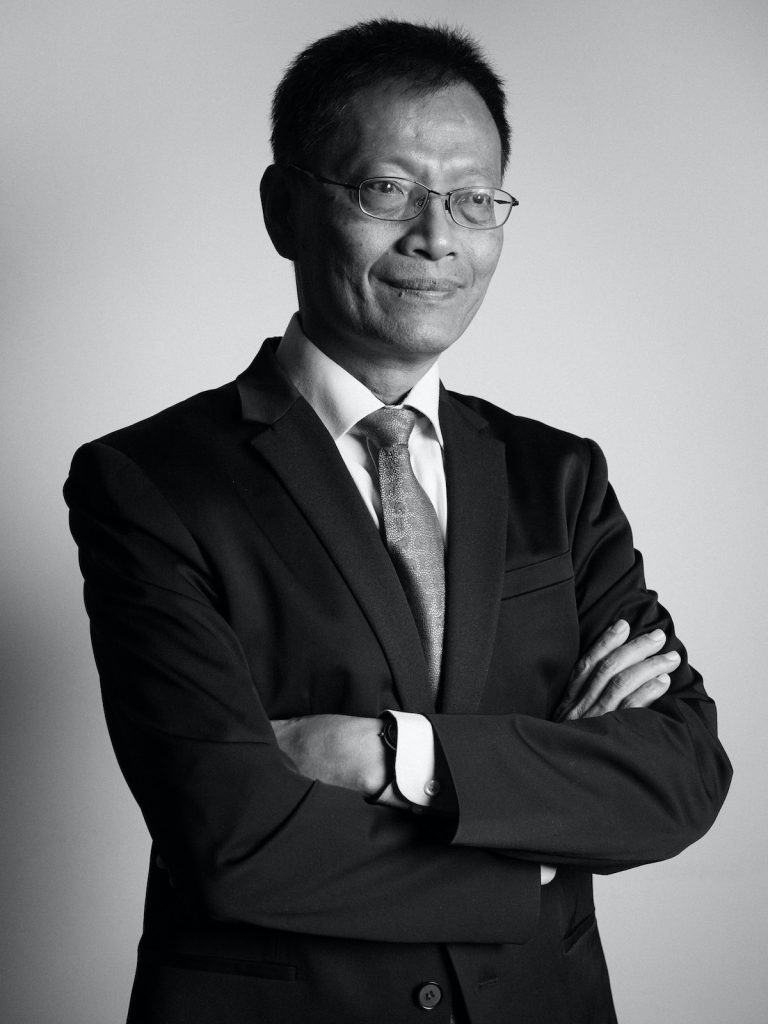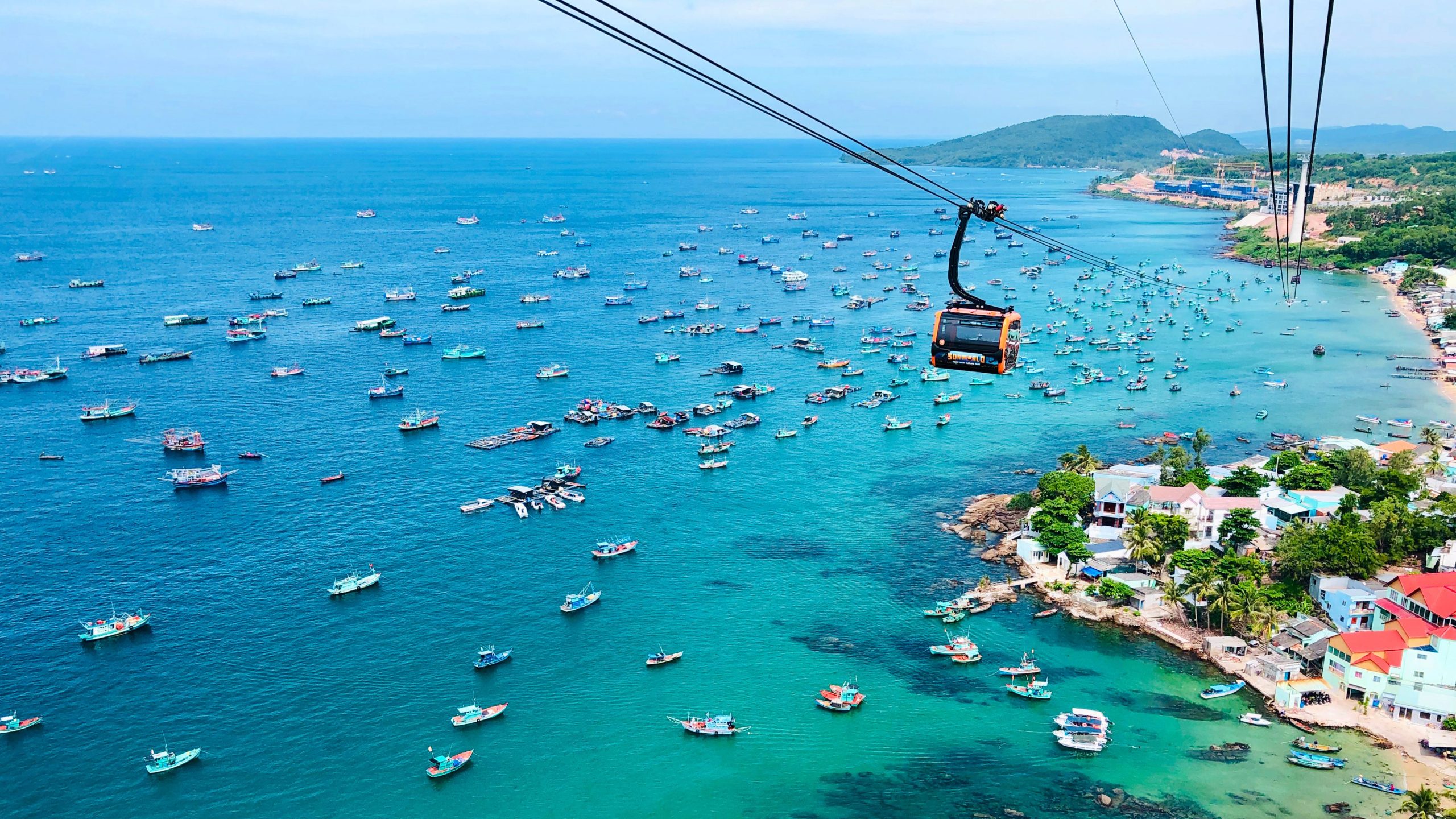Vietnam’s gaming industry will continue to face headwinds as it aims to recover from COVID, with a foreigners-only VIP-centric model, challenged by restraints on tour groups coming in from China, high visitation but low spend by Indian tourists and political uncertainty causing delays and an uncertain investment environment. Expert Ben Lee, fresh off a trip to the country’s main properties, gives us the latest in this week’s Under the Scope.
Tour groups and mass market

“Vietnam faces the same challenges that Malaysia, Cambodia and the Philippines have. That is, although China has said they have allowed the resumption of group tours since early this year, there is precious little seen on the ground,” notes Lee.
“Tour groups are not permitted to book hotels that are attached to casinos. We heard that in the Philippines a couple of months ago, in Singapore as well, and we just had the same information to conveyed to us about Vietnam,” points out the IGamiX Managing Partner.
China was the second-largest tourist market for Vietnam during the first five months of the year, with over 146,000 Chinese tourists and 398,000 Chinese arrivals.
However, this figure was dwarfed by South Korean visitors, topping 1.3 million during the same period.
But pre-pandemic, China was the main source of Vietnamese tourism – at 5.5 million arrivals. And while improved visa measures have helped boost numbers throughout this year – with estimates it could reach up to 4.5 million Chinese visitors in 2023 – they no longer dominate the casino floors.
That position is now dominated by South Koreans.
“The Koreans have unfettered access to Vietnam,” notes Lee, pointing out the large number of flights between the two countries, as well as Koreans who work and reside in Vietnam.
This second group is only expected to grow, as companies follow the shift in moving major industrial plants to the country.
Shifting to mass
While the Korean presence is healthy for the gaming floors, operators in Vietnam need to undergo a shift to mass in order to capture punters from within Southeast Asia.
“The marketing strategy for many casinos is still very much predicated on the VIPs. It is a low-cost, high-impact strategy. But the problem is that the junket segment for Southeast Asia is not as developed as what Macau saw coming from China,” opines Lee.
Vietnam, much like the Philippines, is highly attractive for junkets, not requiring a specific license – merely a local company and offering much higher revenue for the gaming promoters: up to 2.2 percent compared to the 1.25 percent they can get in Macau.
This is coupled with much lower costs to host punters – with Lee estimating overall expenses (F&B, entertainment, accommodation, retail) at around one-fifth of those they had to face in places such as Macau.
Currently, the major hurdle the operators are facing is “they don’t have the resources to target individuals nor have they put in place the resources to go after the Southeast Asian tours,” points out the expert.
Indian influx
While gaming operators strive to drive in the mass market, overall tourism is rebounding strongly, with a particular presence of Indian visitors.
But while heavily visible at major tourist sites from Danang to Hanoi, this market segment presents a particular problem to gaming operators.
“The issue with the Indian tourists, as we saw in Macau after the Bollywood (IFFA) event, was that they don’t really spend much – on attractions, on F&B and definitely not on gaming,” notes Lee – pointing out similar experiences by Singapore and Malaysia.
“The amount of spend per individual is much lower than the Chinese,” he points out.
So, while the influx benefits hotel occupancy, particularly in budget and mid-range hotels, the Indian visitors aren’t heading to the gaming floor.
Locals
What operators have long been hoping for is for locals to be allowed to gamble. While a trial run is underway at Phu Quoq and a second is planned for Van Don (albeit currently stalled), doubts exist as to whether this program will eventually expand.

“The experience that has been shown with the trial in Phu Quoq is that there are a lot of perhaps insurmountable hurdles. For the locals looking to gamble, they have to show proof of income, a practice that might not be desirable particularly for the ones with money,” notes Lee.
The possibility of locals gambling is also based on political support, and operators are facing uncertainties on that front.
“Right now the political situation in Vietnam is very dynamic. Until that settles down, there’s a lot of uncertainty for existing operators as well as potential operators. Some of the new pending projects have been slowed down until such time as they see what becomes of the administration in Vietnam,” notes the expert.
Vietnam in March elected a new president, and the country has been undergoing a corruption crackdown, with a shake-up in leadership and new alignments taking place.
Time will tell how Vietnam’s gaming operators can weather the changes, structurally and politically, as it vies for its piece of the Asian gaming pie.























